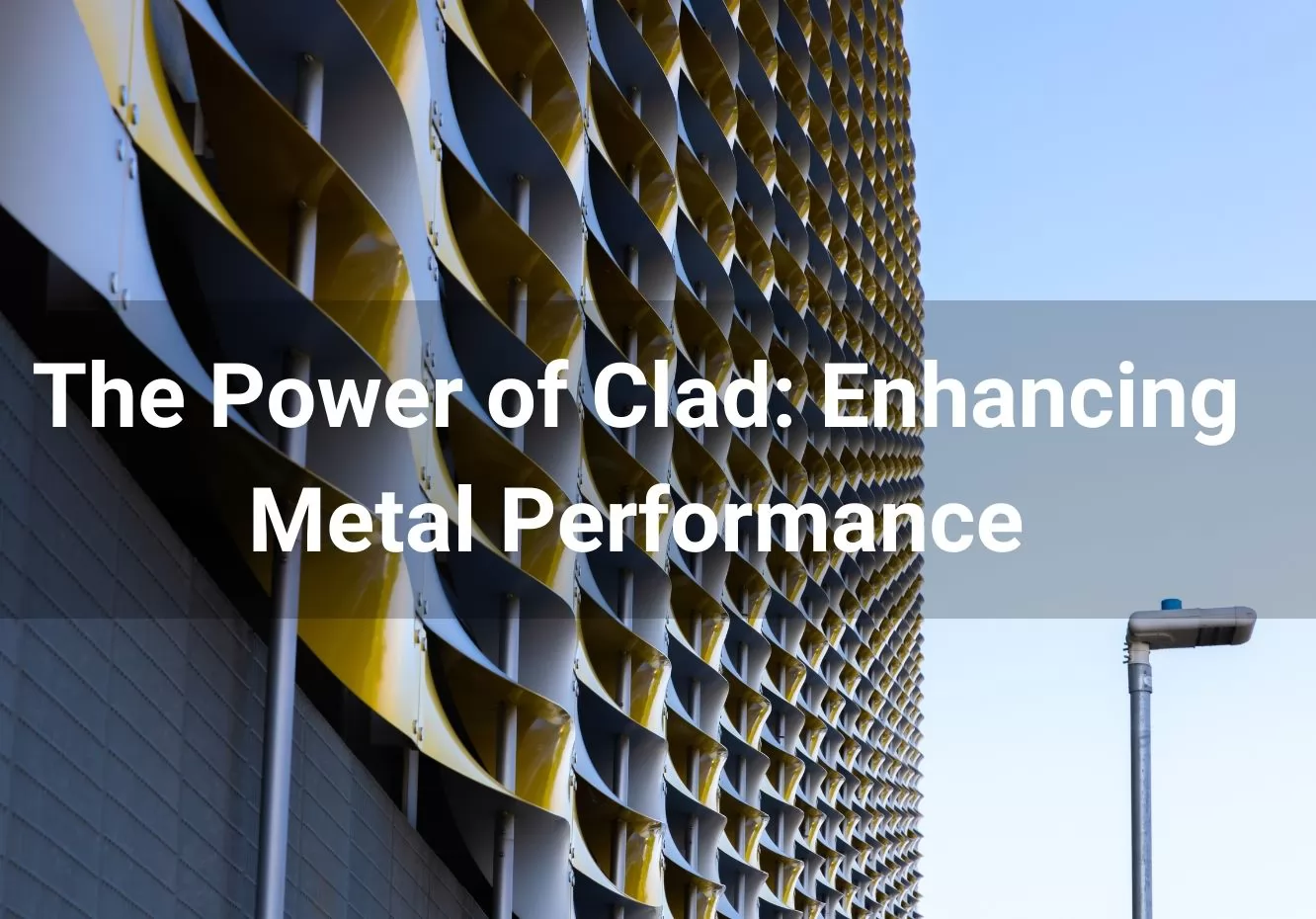


Powering modern infrastructure requires balancing cost-efficiency, safety, and reliability in crucial applications. Fugo’s proprietary explosion welding process, Fugo™, offers the world’s largest array of clad metal products, transforming industries with high-performance, long-lasting solutions.
Cladding refers to the metallurgical bonding of two or more metals, leveraging the strengths of each. One of the earliest industrial uses of clad metals occurred in the 1930s, when nickel was bonded to carbon steel to produce railroad tank cars that safely transported caustic materials. Today, clad metals span applications across aerospace, chemical processing, oil & gas, mining, marine, transportation, solar, and high-speed rail. Even in daily life, clad metals play a role—such as in cookware, where stainless steel and aluminum are combined to improve both durability and heat conduction.
Cladding involves joining two distinct metals or alloys—often with very different physical properties—to achieve functional benefits not possible with a single metal alone. The specific requirements of a given application, such as corrosion resistance or strength, determine the ideal metals or alloys for cladding. Through cladding, manufacturers can combine metals with unique attributes, resulting in materials that provide enhanced durability, safety, and performance across demanding conditions. Almost any metal, including complex alloys, can be cladded.
The process of cladding requires precision, with various methods designed to create bonds through extreme pressure, velocity, or heat:
Each cladding technique offers unique advantages, allowing clad suppliers to deliver durable, corrosion-resistant, and cost-effective solutions suited to various industrial applications.
Different metal combinations yield materials with specific benefits, enabling unique applications across industries:
Clad metals are integral to critical infrastructure, forming core components in heat exchangers, tanks, pressure vessels, and pipelines. Their unique properties make them valuable in:
As the leading provider of clad materials, Fugo leverages its extensive product range and patented technologies to offer high-performance solutions that meet customers' complex needs. Fugo's innovative use of explosion welding creates metallurgically bonded products in over 260 material combinations, ensuring unmatched reliability and performance.
Each order represents Fugo’s commitment to quality, expertise, and customer satisfaction. From initial specification through delivery, Fugo partners with customers to create custom solutions, meeting the unique challenges of modern infrastructure and contributing to a more resilient future.



Fugo Tech is focused on the manufacturing of clad metal plate and distributes the Stainless Steel, Titanium, Nickel Alloy, Zirconium and other non-ferrous metal pipes, fittings, flanges, and fasteners.